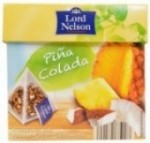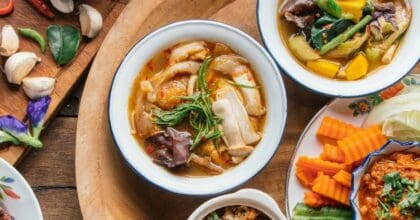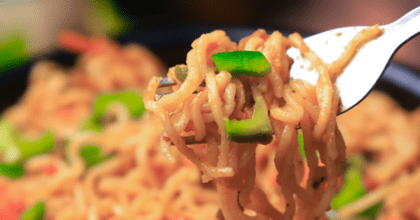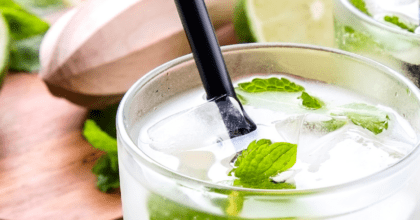Alcohol-flavoured tea replaces alcohol on a night in
Many adults have the habit of enjoying an alcoholic drink after work, when having dinner or when spending a relaxing evening at home. Yet, fueled by the wider movement towards healthier, “cleaner” lifestyles, consumers – especially younger demographics – are increasingly shifting away from alcohol. Seeking indulgence but at the same time wanting to feel responsible and finding a healthy balance while doing so, many consumers are turning to tea. Almost two-thirds (63%) of German consumers say that drinking tea is a good alternative to having alcohol on a night in. Whether choosing tea over alcohol for health reasons or simply due to preference, consumers can profit from an increasingly rich and diverse tea market which provides for all kinds of tastes and likings. Aiming to cultivate a festive party atmosphere in the tea sector, brands increasingly innovate around popular alcohol flavours, including mulled wine, champagne, wine, and cocktails.

Meanwhile, aiming for a year-round party appeal, tea brands are also innovating around cocktail flavours. In the club scene, visionary mixologists are raising the bar, combining alcoholic spirits with tea to allow consumers to feel that their drink is healthier, and having a shot at cocktail creations with 
Pina Colada is the leadi
Julia Büch is a Food and Drink Analyst at Mintel. She specialises in delivering insights on issues affecting the German food and drink market, providing analysis across a range of food and drink categories. Previously Trend & Innovation Consultant at Mintel, Julia was responsible for providing tailored product innovation analysis and client support primarily to Mintel’s German speaking clients.

Julia Büch is a Food and Drink Analyst, specialising in delivering insights on issues affecting the German market, providing analysis across a range of categories.
-
Mintel StoreGet smart fast with our exclusive market research reports, delivering the latest data, innovation, trends and strategic recommendations....View reports
-
Mintel LeapMintel Leap is a revolutionary new AI-powered platform that will transform your research process....Book a demo







































